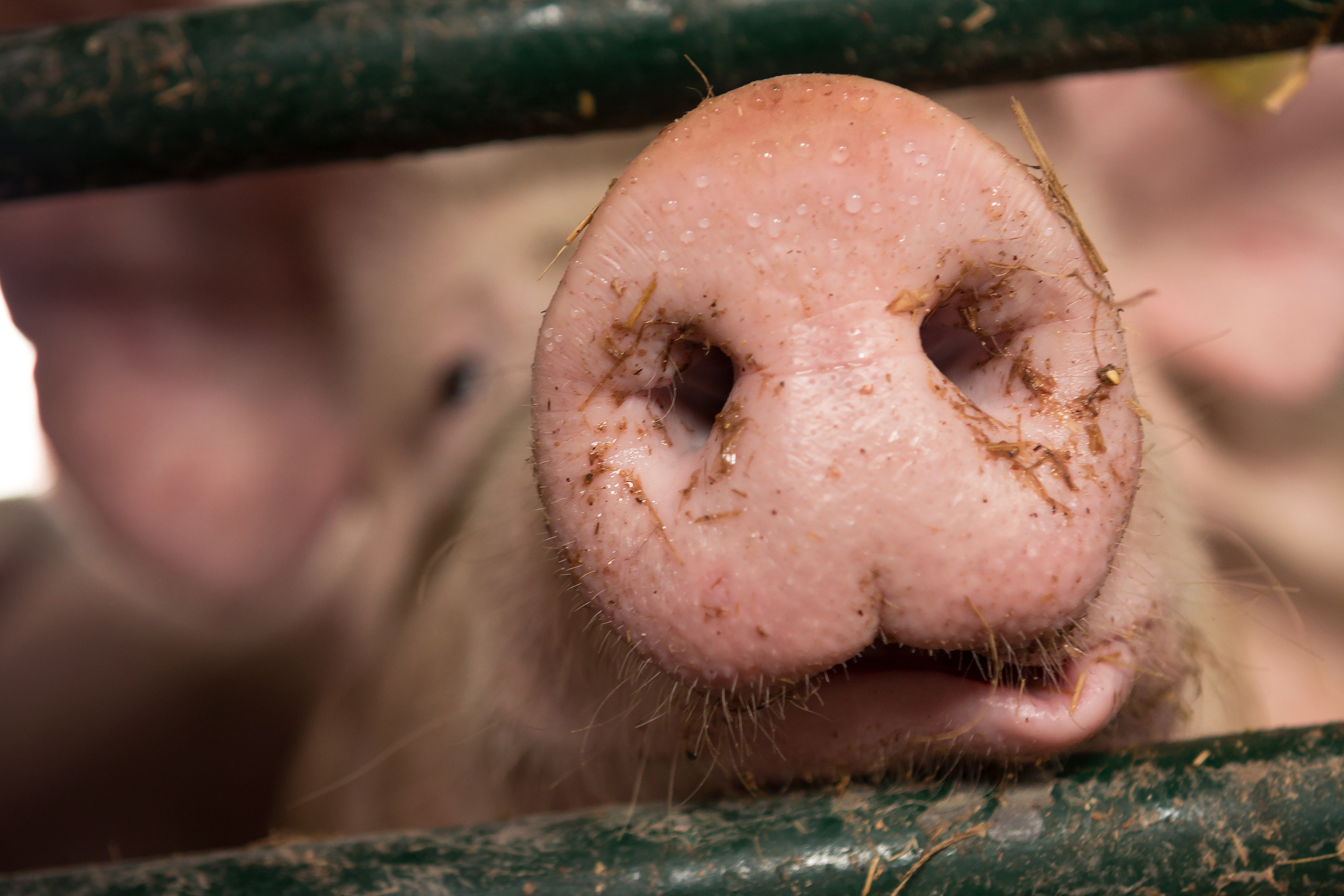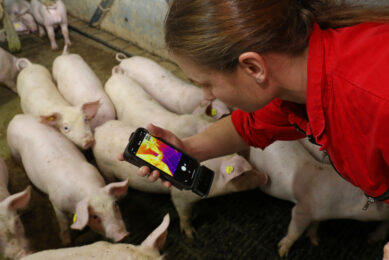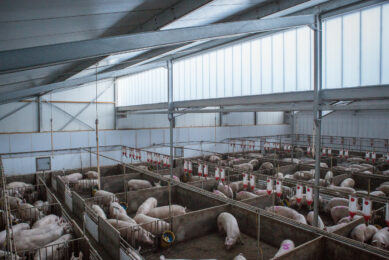Proposed US legislation addresses ‘public health risk’ of non-ambulatory pigs

The the Pigs and Public Health Act of 2024 (PPHA) was introduced in US Congress in July. If passed into law, it would require a joint report by the United States Department of Agriculture (USDA) and the Centers for Disease Control and Prevention (CDC) that tracks pathogens associated with non-ambulatory disabled pigs (NAD).
PPHA states that ‘studies have indicated that non-ambulatory pigs may increase the risk of transmission of pathogens such as Salmonella and Yersinia enterocolitica and may be more likely to harbour the antibiotic-resistant Campylobacter.’
The bill also points out that since 2004, the USDA Food Safety and Inspection Service (FSIS) has banned all non-ambulatory cattle from entering the nation’s food supply due to increased risk of disease spread, but there are no such regulations for other species.
Reducing non-ambulatory pigs
In a release, Member of Congress Veronica Escobar (who introduced the bill) states that the bill aims to establish “better” standards for pigs on the farm, during transport and at slaughter, with the goal of reducing the number of non-ambulatory pigs and also attempting to ensure they never enter the food supply.
The union for slaughterhouse workers supports the legislation. Paula Schelling Soldner, chair of the National Joint Council of Food Inspection Locals of the American Federation of Government Employees (AFGE), noted in the release that “plant employees and food safety inspectors work side by side to ensure American families have access to safe pork products. It is critical to the safety of our food supply that workers be able to report safety abuses without the fear of retaliation. AFGE calls on Congress to pass this important bill.”
Pig welfare
The bill also contains points that address animal welfare, and is supported by animal rights groups which have been trying to change the euthanising rules for NAD pigs for at least a decade.
In a 2019 ruling called ‘Modernization of Swine Slaughter Inspection,’ FSIS noted that an animal welfare organisation submitted a petition in 2014 requesting that it require all swine slaughter establishments to immediately and humanely euthanise NAD pigs. According to the petition, prohibiting the slaughter of NAD pigs would improve inspection efficiency and compliance with the HMSA, as well as reduce Salmonella risks.
However, FSIS concluded back then “that its existing regulations and inspection procedures are sufficient and effective in ensuring that NAD pigs are handled humanely at slaughter and in preventing diseased animals from entering the human food supply.” FSIS therefore denied the petition and also denied a similar petition in 2013 requesting that it prohibit the slaughter of all NAD livestock.











